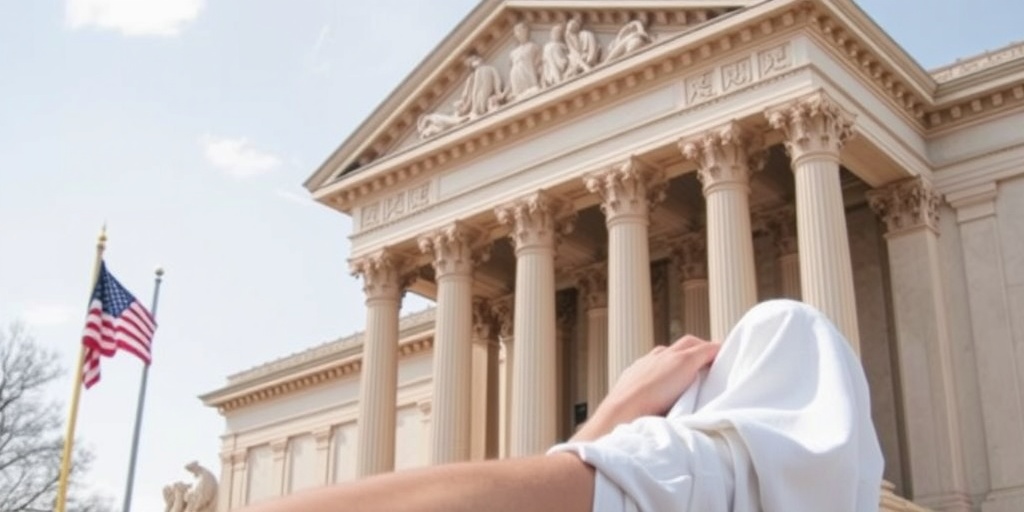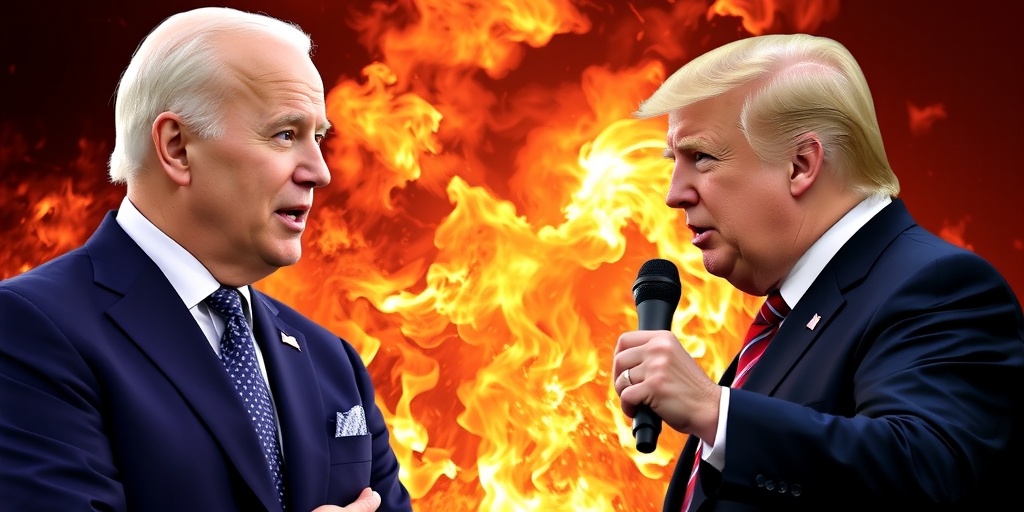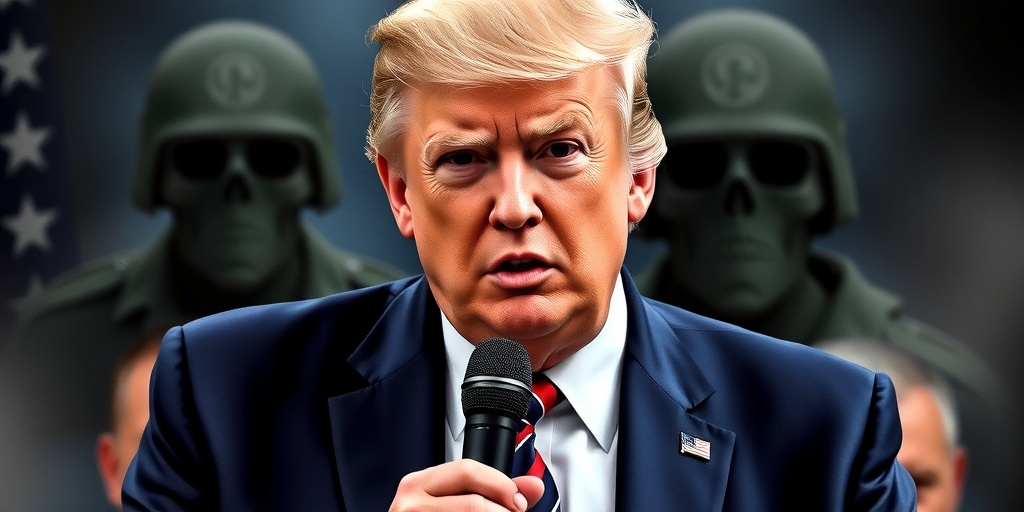Now Reading: Judges Start Releasing Jan. 6 Defendants and Dropping Cases
-
01
Judges Start Releasing Jan. 6 Defendants and Dropping Cases
Judges Start Releasing Jan. 6 Defendants and Dropping Cases

Title: Trump Grants Clemency to Jan. 6 Defendants, Sparking Controversy
In a historic move, President Donald J. Trump issued sweeping clemency for nearly 1,600 individuals charged in connection with the January 6, 2021, attack on the Capitol. This executive action has led to the swift dismissal of several cases and the release of some high-profile defendants, stirring significant debate over its implications.
By Tuesday afternoon, notable figures such as Enrique Tarrio, the former leader of the Proud Boys, and Stewart Rhodes, the founder of the Oath Keepers militia, had been released from custody. Tarrio, who was serving a 22-year sentence for seditious conspiracy, received a full pardon from Trump. He walked out of a facility in Pollock, Louisiana. Meanwhile, Rhodes, who faced an 18-year term on similar charges, had his sentence commuted to time served and was freed from a prison in Cumberland, Maryland.
Additionally, Joseph Biggs, another member of the Proud Boys and co-defendant with Tarrio, saw his sentence of 17 years commuted. Defense attorneys indicated that more members from the Proud Boys and Oath Keepers are expected to be freed in the coming days as a result of Trump’s sweeping clemency.
The legal fallout from the Capitol insurrection has not only affected the far-right extremists but has also extended to various other defendants detained in Washington, D.C., where many rioters had been held in a special section often referred to as the “patriot wing.” This past Monday, two Pennsylvania brothers, Matthew and Andrew Valentin, were released shortly after receiving two-and-a-half-year sentences for assaulting police officers during the riot. Prosecutors highlighted their violent actions, including shoving a barricade into officers and stealing police batons.
On Tuesday, a crowd of supporters rallied outside the D.C. jail, including Congressman Eli Crane, a Republican from Arizona, as previously incarcerated individuals gathered to show their solidarity. Among them was Robert Morss, a former Army ranger charged with assault on police during the riot, who expressed his intent to support newly released individuals.
While several Senate Republicans have voiced rare intraparty criticism regarding Trump’s decision to extend clemency to Jan. 6 defendants, many supporters, like Morss, framed these pardons as essential to Trump’s broader agenda. They argue that the matter transcends mere legal implications and instead relates to issues of political prisoners and systemic injustices.
Trump’s executive order extends beyond individual pardons and sentence commutations. Officials in his Justice Department have been directed to dismiss any ongoing cases against those charged in connection with the January 6 events. This directive has already led to multiple case dismissals in Federal District Court in Washington without significant legal challenges, causing alarm among legal experts and prosecutors.
One notable case affected by this new directive was that of Ryan Samsel, a Pennsylvania barber involved in the first confrontation with police on January 6. His case had been pending as prosecutors sought a lengthy prison sentence due to his extensive criminal history. Now, the newly appointed interim U.S. Attorney Ed Martin has moved to dismiss the charges against Samsel entirely.
Several other cases have followed suit. In one instance, charges against Kenneth, Caleb, and Nicholas Fuller, who were embroiled in a jury trial for civil disorder during the chaos, were swiftly dismissed by Judge Colleen Kollar-Kotelly. When asked by the judge if they agreed with the dismissal, each defendant confirmed, leading to their immediate release.
Caleb Fuller, one of the defendants, stated that they did not attend the protest with the intention to harm anyone and viewed the dismissal as a validation of their innocence.
This development has reignited discussions around accountability for the events of January 6, as many believe that allowing these defendants to evade severe legal repercussions undermines the severity of their actions. Critics of Trump’s actions contend that they send a dangerous message about the rule of law, suggesting that an individual’s political alignment can lead to leniency in what is widely regarded as an unprecedented assault on American democracy.
As the situation continues to unfold, the broader implications of these pardons and case dismissals will likely spark further debates within political, legal, and public spheres regarding justice and accountability in the wake of the Capitol insurrection. Many are left wondering what this means not only for the Capitol attackers but also for the integrity of the judicial system at large.
Stay Informed With the Latest & Most Important News
Previous Post
Next Post
-
 01New technology breakthrough has everyone talking right now
01New technology breakthrough has everyone talking right now -
 02Unbelievable life hack everyone needs to try today
02Unbelievable life hack everyone needs to try today -
 03Fascinating discovery found buried deep beneath the ocean
03Fascinating discovery found buried deep beneath the ocean -
 04Man invents genius device that solves everyday problems
04Man invents genius device that solves everyday problems -
 05Shocking discovery that changes what we know forever
05Shocking discovery that changes what we know forever -
 06Internet goes wild over celebrity’s unexpected fashion choice
06Internet goes wild over celebrity’s unexpected fashion choice -
 07Rare animal sighting stuns scientists and wildlife lovers
07Rare animal sighting stuns scientists and wildlife lovers




















